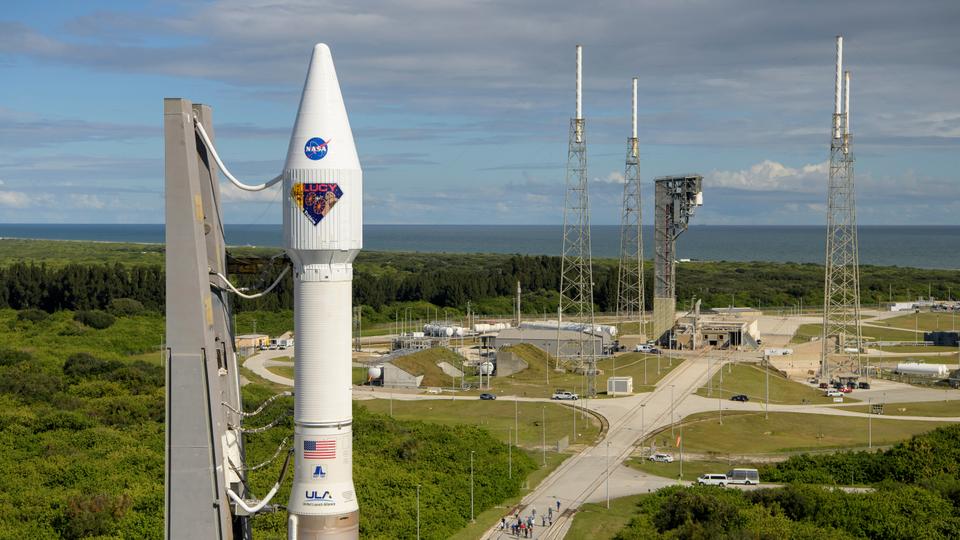
China has successfully launched its 1st solar exploration satellite into space from the Taiyuan Satellite Launch Center in northern Shanxi Province aboard a Long March-2D rocket. The satellite was named as ‘Xihe’ (Xihe is the goddess of the sun who created the calendar in ancient Chinese mythology), also known as the Chinese Hα Solar Explorer (CHASE). The satellite has been developed by the China Aerospace Science and Technology Corporation (CASC).
Buy Prime Test Series for all Banking, SSC, Insurance & other exams
Important takeaways for all competitive exams:
- China Capital: Beijing;
- China Currency: Renminbi;
- China President: Xi Jinping.




 Australian Open 2026: Carlos Alcaraz Def...
Australian Open 2026: Carlos Alcaraz Def...
 Union Budget 2026: List of New and Exist...
Union Budget 2026: List of New and Exist...
 Union Budget 2026-27: Top Most Important...
Union Budget 2026-27: Top Most Important...








